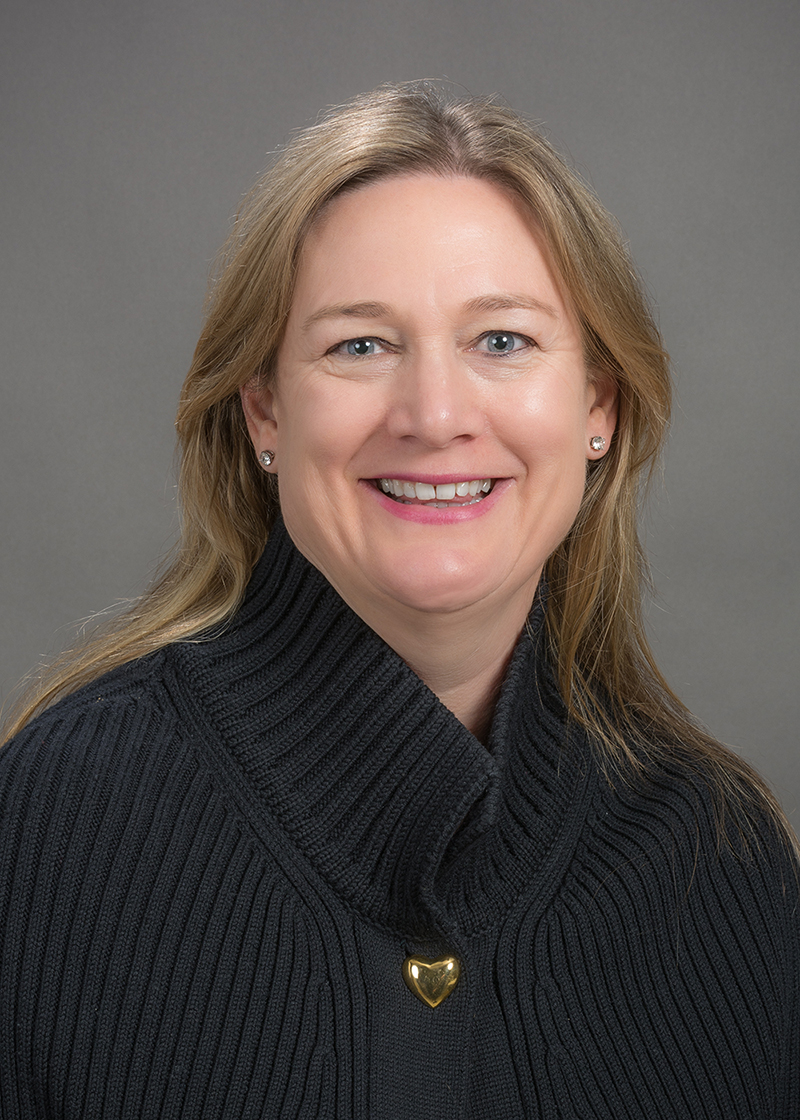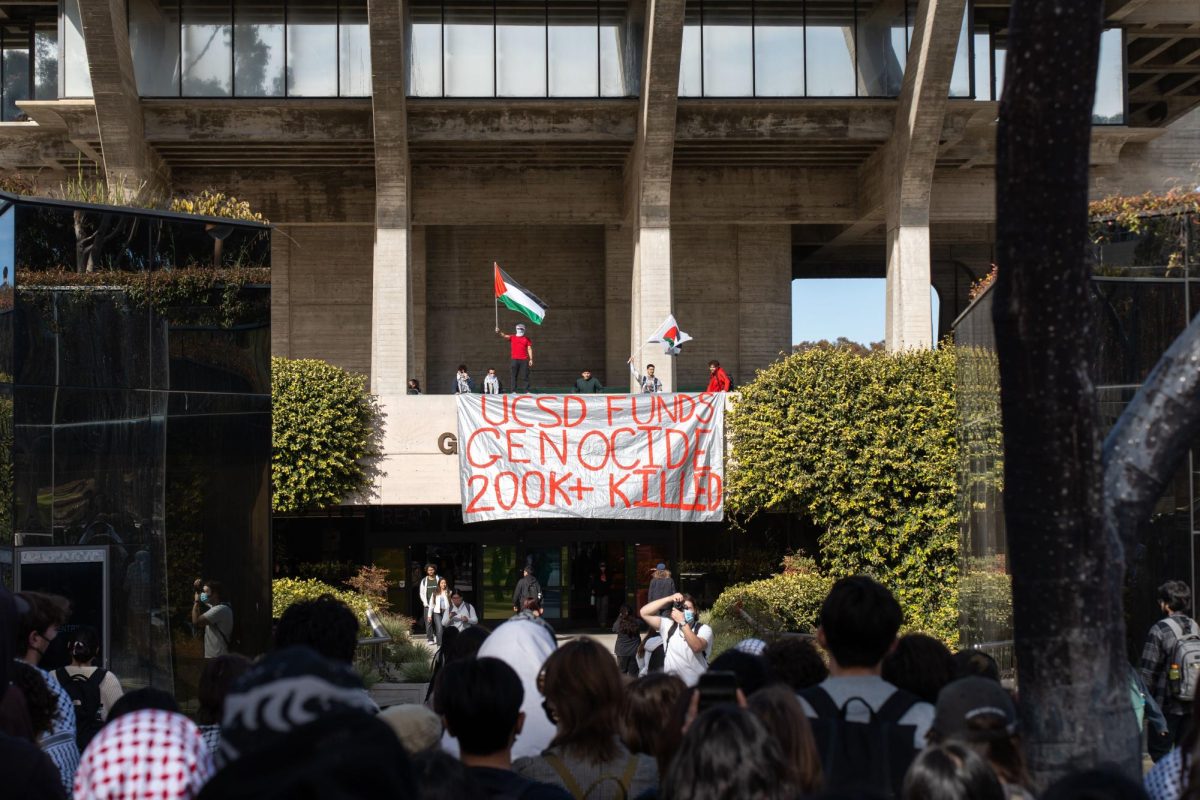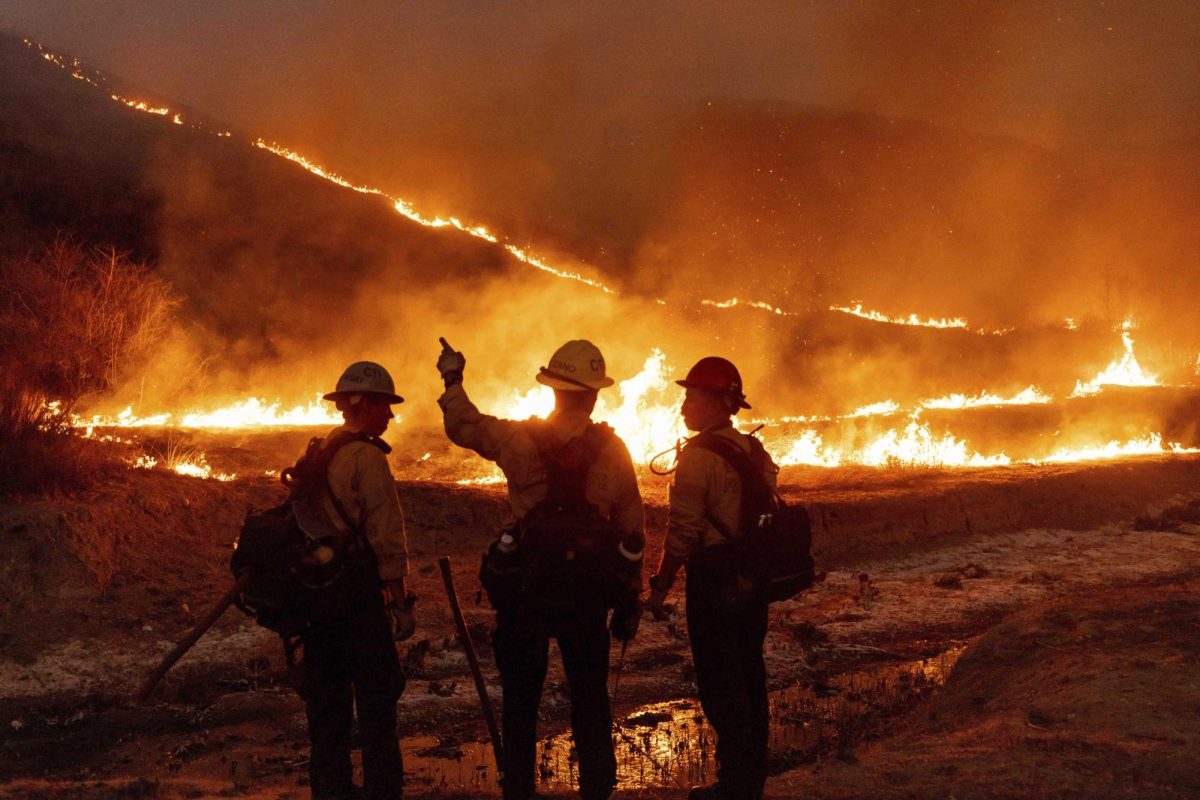As of Sept. 2024, the Jane Teranes Climate Change Education Requirement has been a general education course mandate for all students at UC San Diego, starting with first-years enrolled in Fall 2024.This addition is the first general education requirement focused on climate change to be approved within UC system.
Students enrolled prior to Fall Quarter 2024 and transfer students do not have to fulfill this requirement
The course is named in honor of the late Jane Teranes, a professor and researcher at the Scripps Institution of Oceanography. Teranes worked at UCSD for over 20 years as the first teaching professor within Scripps. She developed and led accessible programs for undergraduate students in the study of climatology and created the Scripps Geosciences Educational Opportunities program and the climate change studies minor.
During May 2021, a collective of faculty members organized and created the first academic senate committee focused on implementing education on climate change. This Committee on Campus Climate Change wrote and endorsed a proposal in Spring Quarter 2021 supporting climate change education.
During this time, student and faculty interest towards this type of course requirement had been growing. This student interest and proposal from the CCCC led to the formation of a Senate-Administration Workgroup on Undergraduate Climate Change Education for All, focused on passing a new climate change education requirement.
Fonna Forman, professor of political science, and chair of the CCCC and member of Senate-Administration Workgroup on Undergraduate Climate Change Education for All, spoke to The UCSD Guardian about the approval process for this curriculum.
“The proposal for a climate change education requirement came through [the CCCC], and that committee was working very closely with student voices, with faculty voices. We summoned workshops and town halls across the campus to listen to people and their thoughts about doing this, why it was important, what kind of obstacles we might face,” Forman explained.
“It’s a story of faculty and student activism,” Forman said. “On a campus, there has to be bottom-up enthusiasm and excitement for something like this to happen, and the students and the faculty are too often left out of this story.”
This collaboration centered students in the design of the new requirement. The JTCCER is designed to ensure that students can still graduate on time, with many approved courses counting for credit towards other graduation requirements.
“We wanted a distributed model where students could take climate courses within their own majors,” Forman noted. “We don’t want to disrupt students’ time to degree. That was really important to the committee.”
First-year Cassie Montenegro is currently enrolled in SIO 40, titled Life and Climate on Earth, which fulfills both her Revelle College general education requirements and the JTCCER. Montenegro shared her thoughts on the new requirement.
“I actually find it really interesting, mostly because I do a lot of things to try and be more environmentally friendly,” Montenegro said. “I’m interested to know more about what’s being done to try and help with climate change.”
First-year Maya Arcoleo, also shared this sentiment toward climate change education. “I think it’s an important thing that people should be learning about,” Arcoleo said.
When asked about the potential for the requirement to expand beyond UCSD, Forman explained the importance of having an abundance of educational resources.
“We want to see more climate-oriented faculty hired across the campus. We want to see those faculty bringing their amazing, diverse expertise into the classroom to teach students about the crisis,” said Forman.
The Bending The Curve curriculum, developed within the Scripps Institution of Oceanography, aims to integrate comprehensive climate education with all teaching disciplines across UCSD. The BTC curriculum is intended to be applicable to a broad range of academic models, making it an easily accessible model for other campuses.
The JTCCER will be reassessed every five years, with three different qualities being examined by the Senate-Administration Workshop Group. The available curriculum choices, the inclusion of transfer students, and the implementation of a permanent climate change program are all issues set to be evaluated again when the Senate-Administration Group reconvenes in five years.















